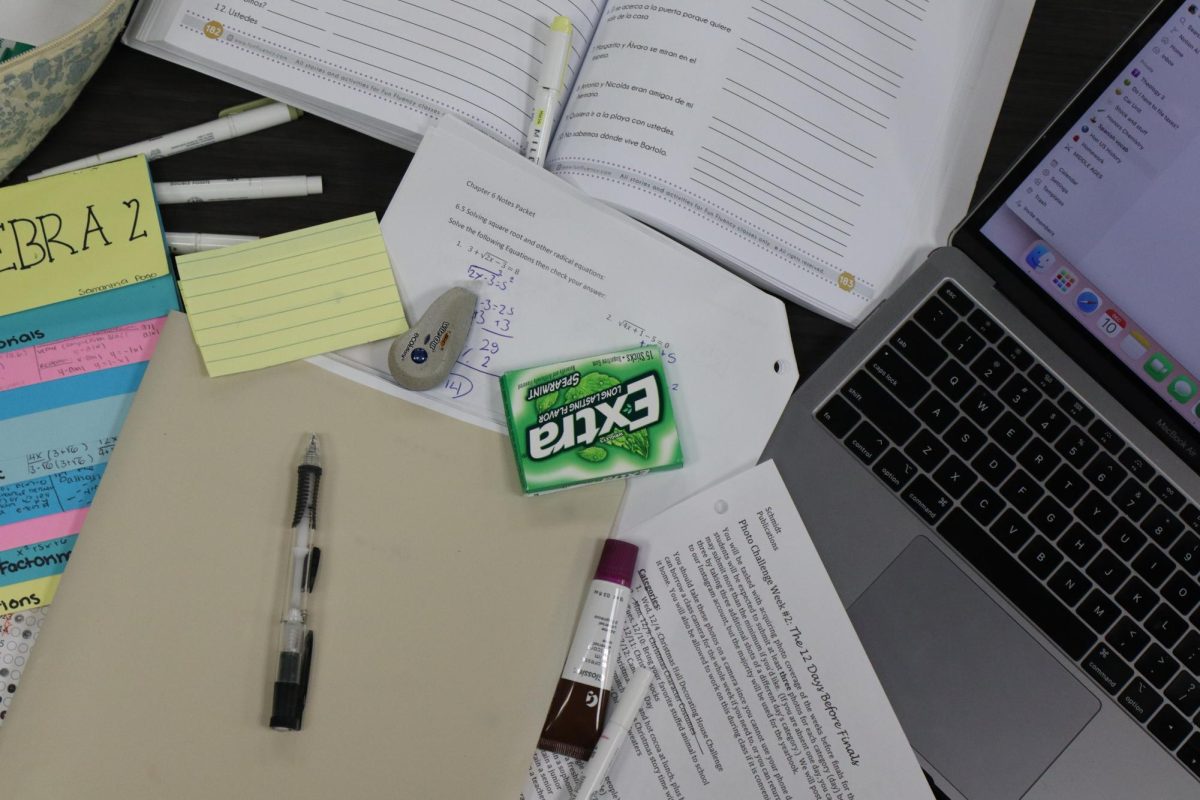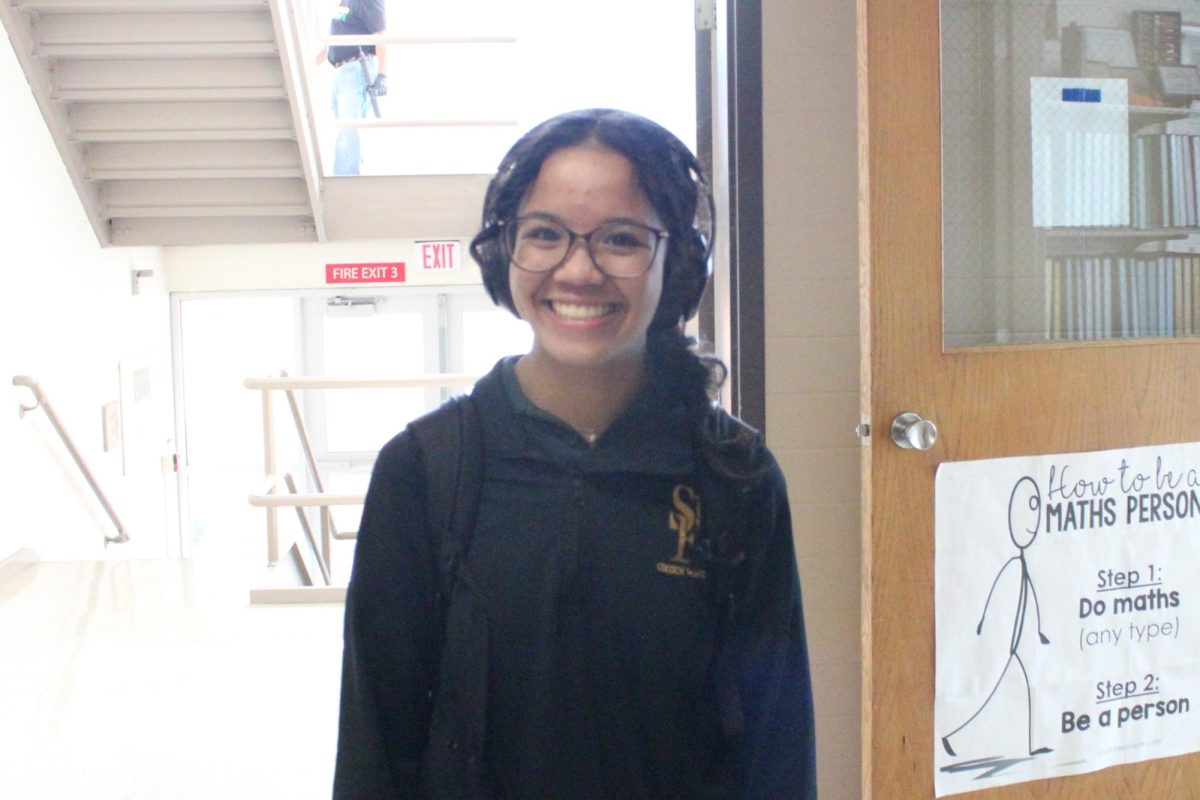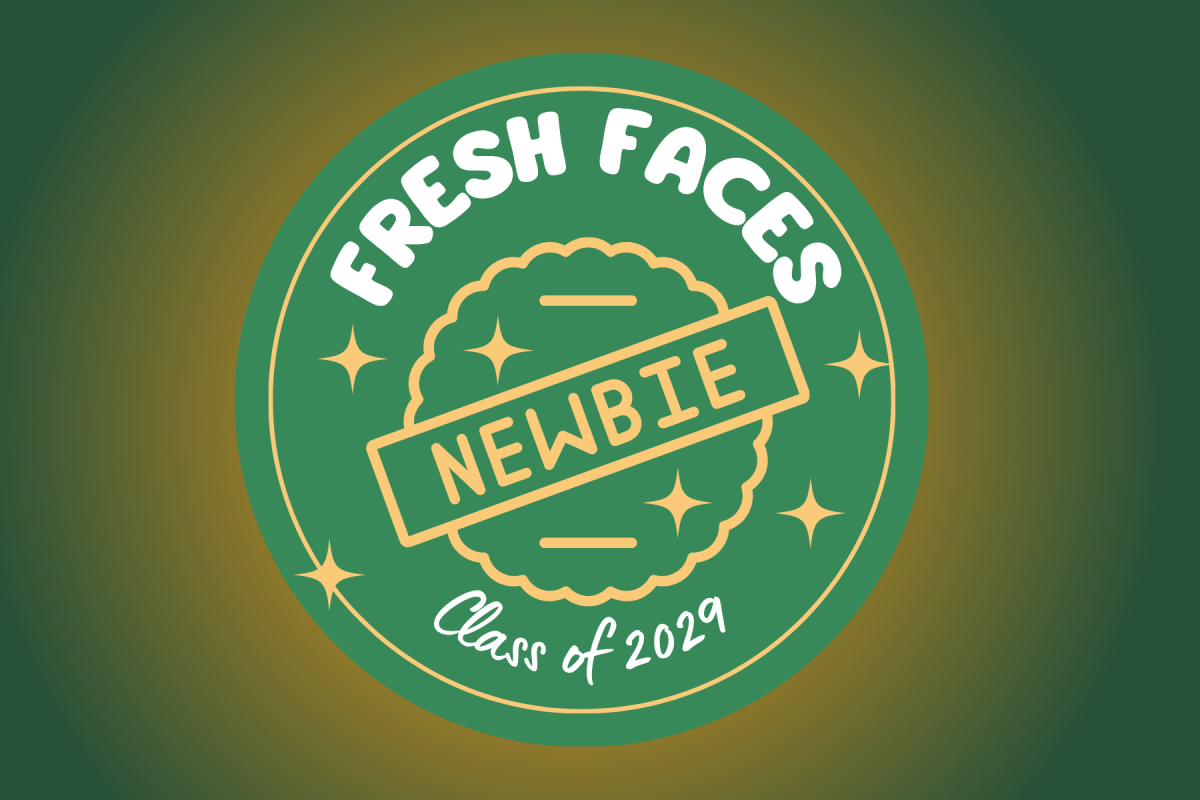I know finals came too quickly this year, but it also means that after finals you are free to enjoy Christmas break without the stress of school. I am sure it is tempting to forget all responsibility and go into finals blindly; however, that will only leave you more stressed. Going into finals confidently and relaxed is the only way to make it through. Some of the best strategies to survive finals are to stop procrastinating and get it done, take breaks, and organize. I know these tactics seem self-explanatory and simple; however, when you take these simple tasks and expand them, it creates a structured guide to help pass finals with ease.
First is to stop procrastinating and get it done; there is a substantial difference in taking a break and procrastinating. Procrastination is the action to “delay or postpone action; put off doing something,” according to Oxford Languages. This action can set back your progression for hours. When the human brain postpones something, they will occupy it with as many things as possible before they must do the task at hand. This most commonly happens when it comes to studying or homework for high school students, and the distraction typically comes from their cell phone. A way to get around this is to leave your phone or any other distractions in your bedroom and go to a place you know you can focus. Also, I recommend starting your work as soon as you can instead of lying in your bed before working; unbelievably, this simple action can affect your studying for the rest of the day. To start studying, the first step is to eliminate any ways to procrastinate and then you can get to work.
The next study tactic is to take breaks. According to studies done by Cornell Health, intentional and planned study breaks increase your willingness to work. These breaks can be anywhere between 5,10, 15, and even 60 minutes, and do not be afraid to experiment. See what length of time works best for you; if your attention span is longer, study for as long as you can and then take a longer break; however, if you have a shorter attention span study for 20-30 minutes and take smaller breaks. The intention is to design the best study plan personalized to yourself. These breaks allow you to shake off stress, relax, and reset; the goal is after these breaks, you should be prepared to go straight back into studying and hopefully with a new and improved mindset.
The last and most important study tactic is to organize. Using the first two methods combined can help you organize your ideal study plan. In creating this plan, also try different methods; if you prefer to continually study one subject for increments of time to get it locked in your brain that is one thing you can do, but if that method does not suit your learning style, try to include a switch in between every break. After your alarm goes off telling you to get back to studying, pick up a new subject and try to do a little bit of everything to keep your brain active and occupied. Having a structured and organized plan helps the average student to stay on task and aid in the progression of knowledge.
Finals are a stressful time for everyone including your teachers. There is a chance that in the back of all your peers’ brains, the stress of the dreaded exams is there. The main goal of these strategies is to try and learn yourself as a student and learner and to master the strategies that help you the greatest.
















